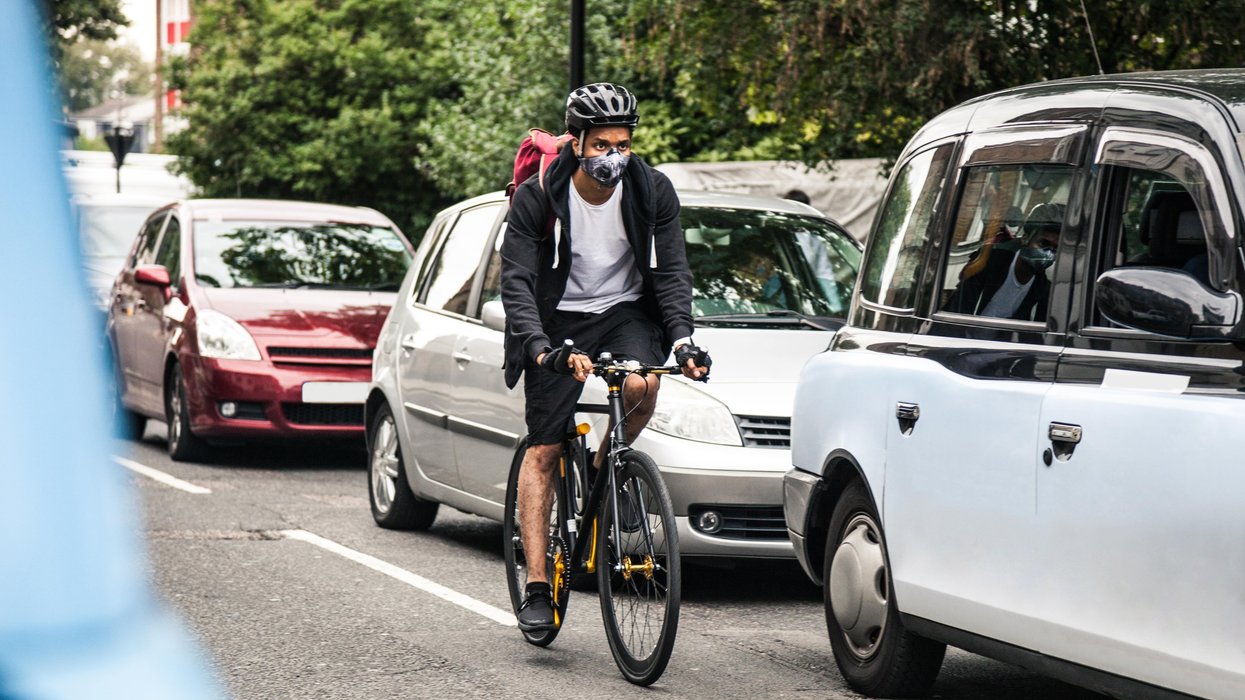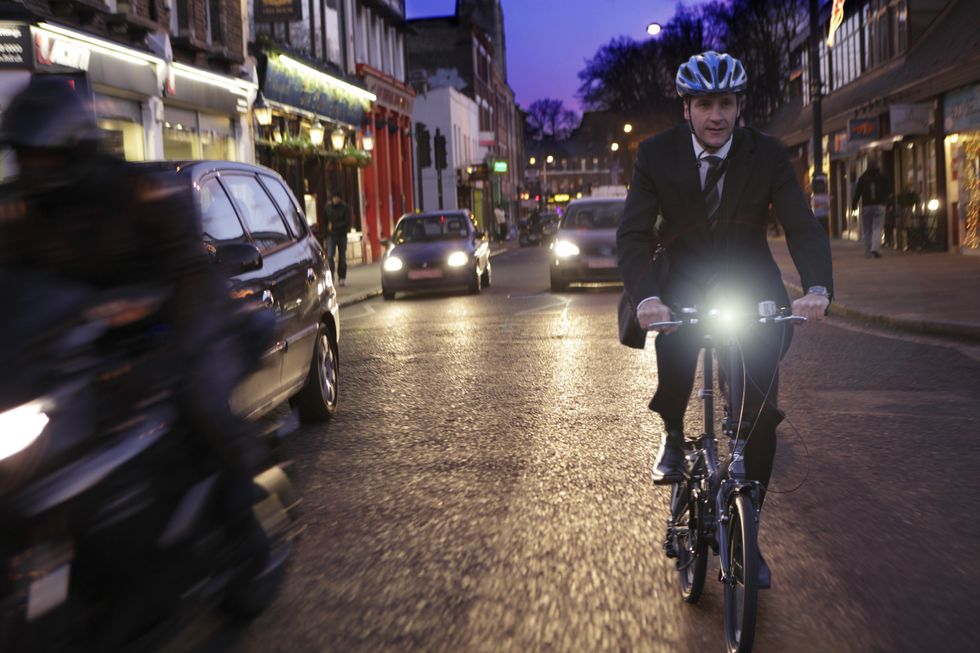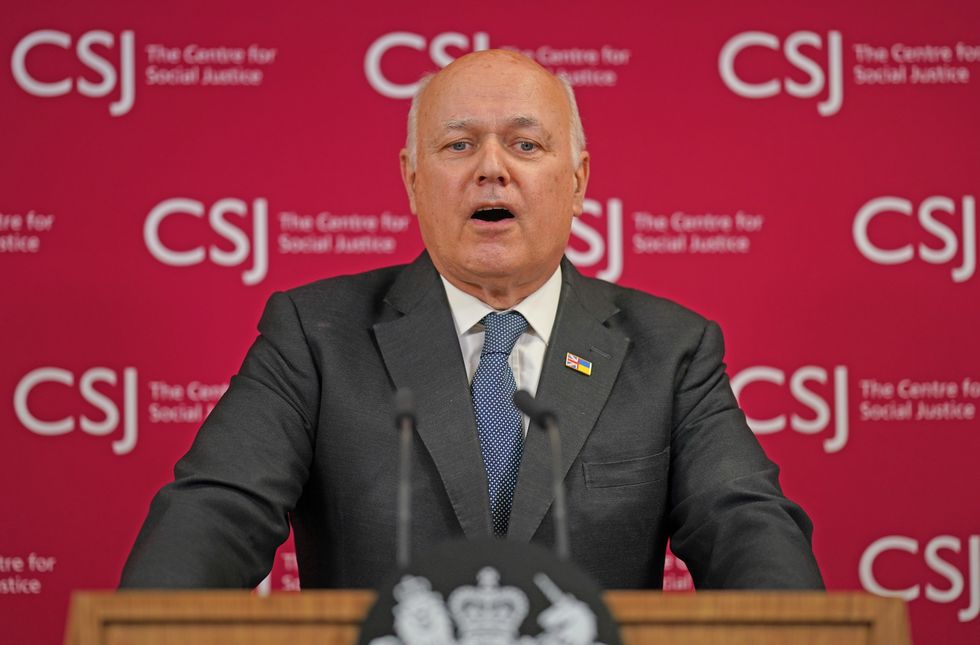Driving law changes needed to 'reform road safety' and protect cyclists from 'huge impact' of cars

Recent data from the Department for Transport found that people were cycling less and driving more
| GETTY
'Ultimately, our roads are dangerous and when a fatality does happen, it has huge and devastating impacts on families, communities and workplaces'
Don't Miss
Most Read
A leading road safety campaigner is calling for law changes to be rolled out to ensure all cyclists are safe on streets and more Britons are encouraged to be more active.
Highway Code rules were introduced in 2022 to remind all Britons of their responsibility on the road and how they should be considerate of more vulnerable groups, like pedestrians and cyclists.
Recent data from the Department for Transport's National Travel Survey found that people in England are driving more and cycling less, representing a 17 per cent drop compared to 2022.
In 2023, Britons were cycling just 47 miles by bike per year, a significant drop in the distance travelled in 2020, when the pandemic and social distancing restrictions created a cycling boom.
Do you have a story you'd like to share? Get in touch by emailing motoring@gbnews.uk

Cyclists were backed with new Highway Code rules in 2022 to protect more vulnerable road users
|GETTY
John Kushnick, legal operations director at National Accident Helpline, spoke to GB News about how road safety was one of the most important factors for Britons, especially when it comes to wanting to get out and cycle.
The expert highlighted how road safety was a "major factor" in why Britons are not cycling as much, as many fear they will be injured when travelling on the road.
Kushnick said: "In fact, deaths due to drinking and driving on UK roads have increased to 300 annually, a 13-year high.
"We’re continuing to see tragic consequences from people continually getting behind the wheel when they know they are over the limit, and this number is concerning.
"Ultimately, our roads are dangerous and when a fatality does happen, it has huge and devastating impacts on families, communities and workplaces."
He noted how road safety issues can prevent Britons from wanting to be more active, as highlighted in the DfT's annual travel poll.
The average cycling trip lasted 22 minutes, while drivers spent 21 minutes in the car per trip last year, while the average walk lasted 18 minutes.
The Government hopes that half of all journeys in towns and cities involve cycling or walking by the end of the decade, according to the Decarbonising Transport report.
It adds that England will have a world-class cycling and walking network by 2040, backed by £2billion in funding between 2021 and 2026 to make cycling and walking the "natural first choice for many journeys".
A further £101million investment was made in March 2024 to boost cycling and walking nationwide, especially in rural and deprived areas, in consultation with local communities.
Kushnick also pointed to Sir Iain Duncan Smith's proposals to amend the Criminal Justice Act to hold cyclists to account if they injure or kill pedestrians when riding.
He said the proposed law changes would have "demonised cyclists and not achieved much in terms of safety", prompting him to call on the new Labour Government to act.
LATEST DEVELOPMENTS:

Sir Iain Duncan Smith said laws needed to be strengthened to punish cyclists who injure or kill pedestrians
|PA
The expert concluded: "However, now with a new Government, there’s ample opportunity to make a real difference when it comes to reforming road safety.
"And while the Labour Government has pledged it will invest 'unprecedented levels of funding' in cycling as part of plans to improve health and inequality, the irony is that cycling may improve physical health, but it poses physical dangers. Instead, we need a reform to road safety."










